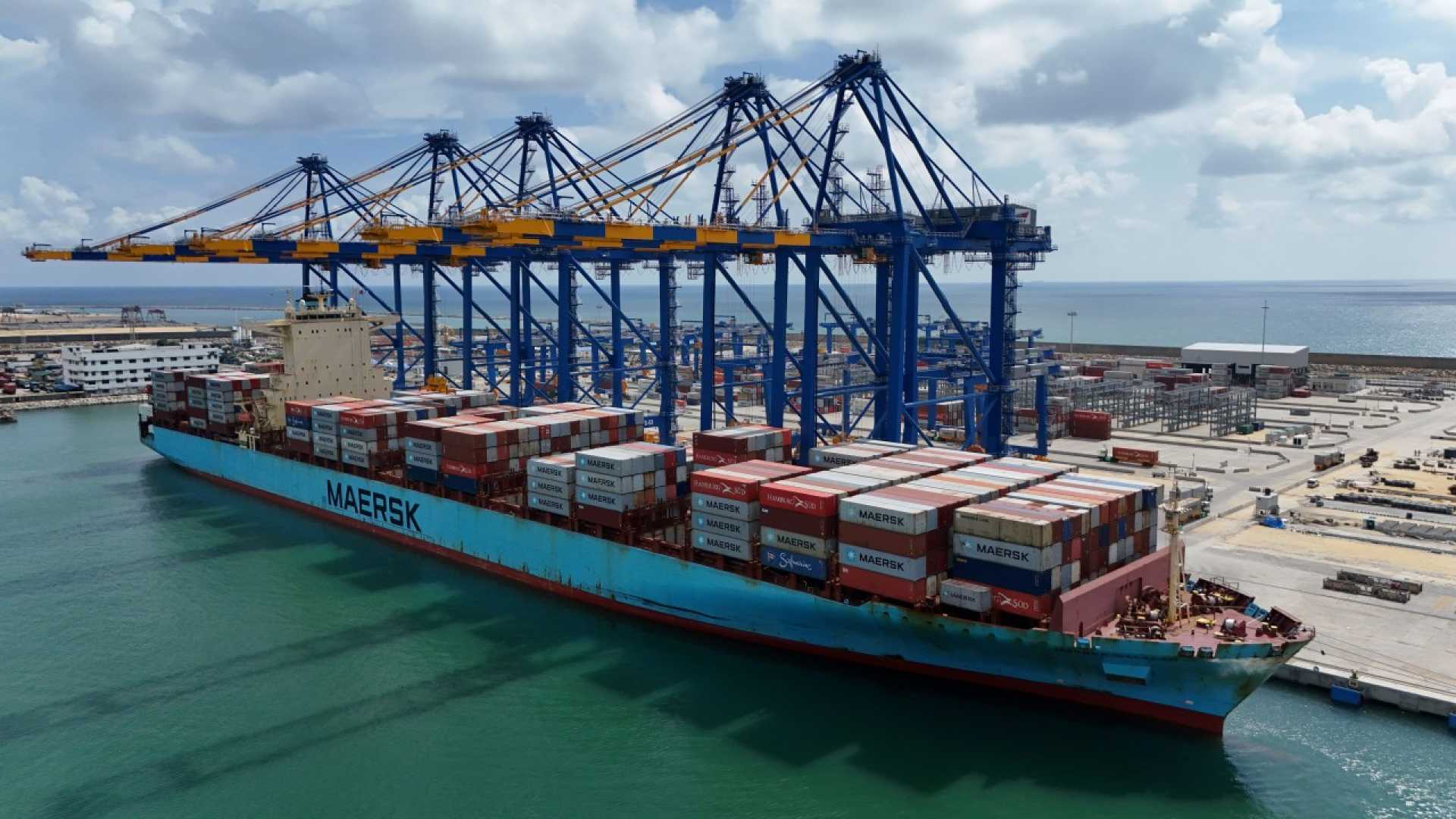Business
Adani Group Accelerates Colombo Terminal Expansion Amid Funding Changes

COLOMBO, Sri Lanka, Sept 17 (Reuters) – India’s Adani Group is set to double the capacity of its $840 million container terminal in Colombo, months ahead of schedule. This development comes despite the company giving up $553 million in funding from the U.S., an executive from partner firm John Keells Holdings confirmed.
The deepwater Colombo West International Terminal, which opened its first phase in April, highlights the geopolitical importance of Sri Lanka in the competition for influence in the Indian Ocean between New Delhi and Beijing. The final phase of the terminal expansion is on track to finish by late 2026, according to Zafir Hashim, head of transportation at John Keells. This timeline is three to four months earlier than the original February 2027 deadline.
The construction acceleration follows Sri Lanka’s recent financial crisis, which had stalled foreign investments significantly. Once fully operational, the terminal is expected to handle 3.2 million containers annually, thereby increasing the port’s overall capacity.
Most of the business at the terminal comes from India. In December, Adani opted to withdraw its funding request from the U.S. International Development Finance Corp., choosing instead to finance through internal funds due to allegations against Adani Group Chairman Gautam Adani related to a bribery scheme, which Adani has denied.
Hashim expressed confidence in the partnership with Adani, saying, ‘We really haven’t seen anything to worry about. Until something is proven, we are partners.’ Adani Ports and Special Economic Zone controls 51% of the terminal, John Keells holds 34%, and the Sri Lanka Ports Authority has the remaining stake.
Additionally, the Sri Lankan government is considering more investments from Adani in renewable energy projects, as stated by Energy Minister Kumara Jayakody. Earlier this year, however, Adani withdrew from two wind power projects worth $1 billion following a government push for renegotiation on power purchase rates.
Adani’s withdrawal was attributed to a disagreement over tariff rates, according to Sri Lanka’s Board of Investment chair Arjuna Herath. Despite this, Jayakody noted Adani’s recent purchase of bid documents for smaller renewable energy projects as a sign of renewed interest.
Herath remarked, ‘Adani is doing very well in the West Terminal project, and we are very happy.’ This reflects ongoing cooperation between the companies despite past setbacks.












